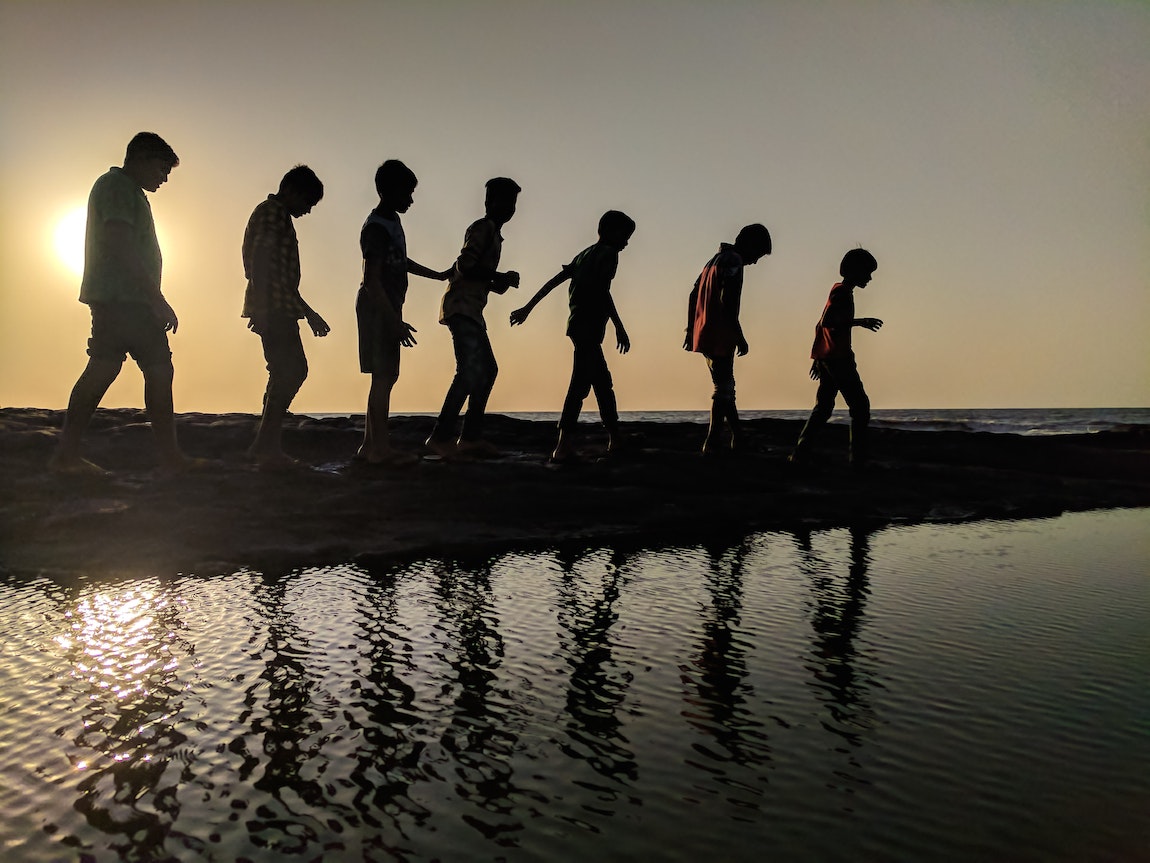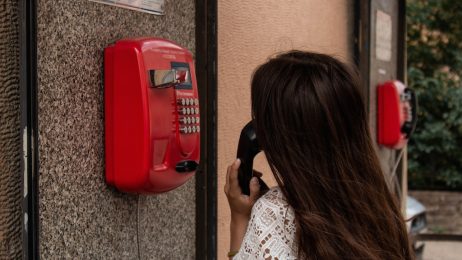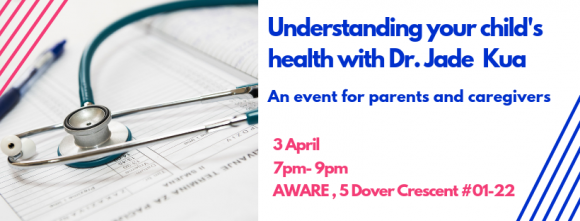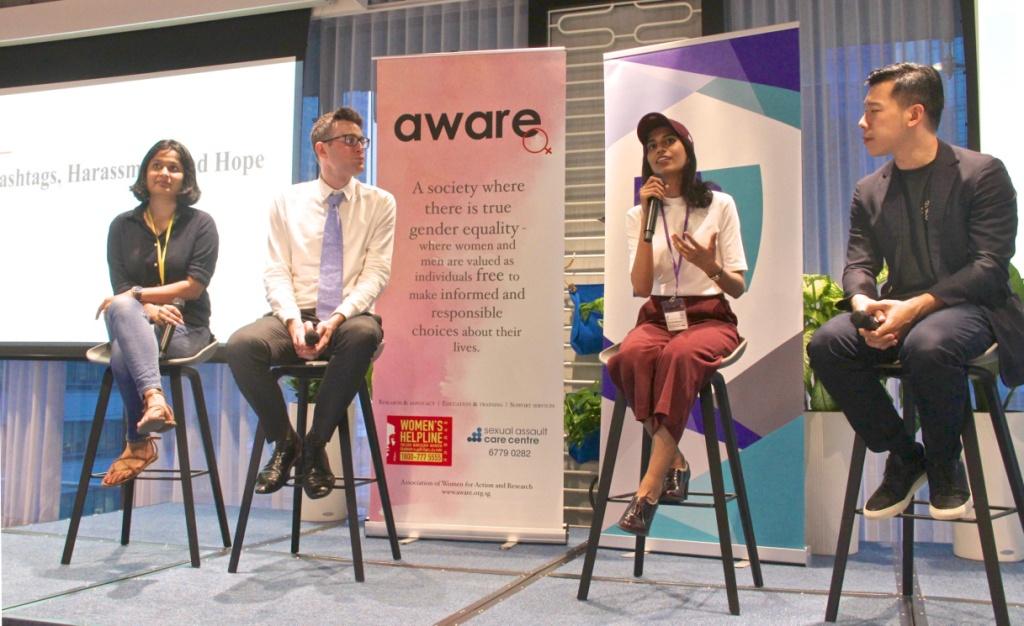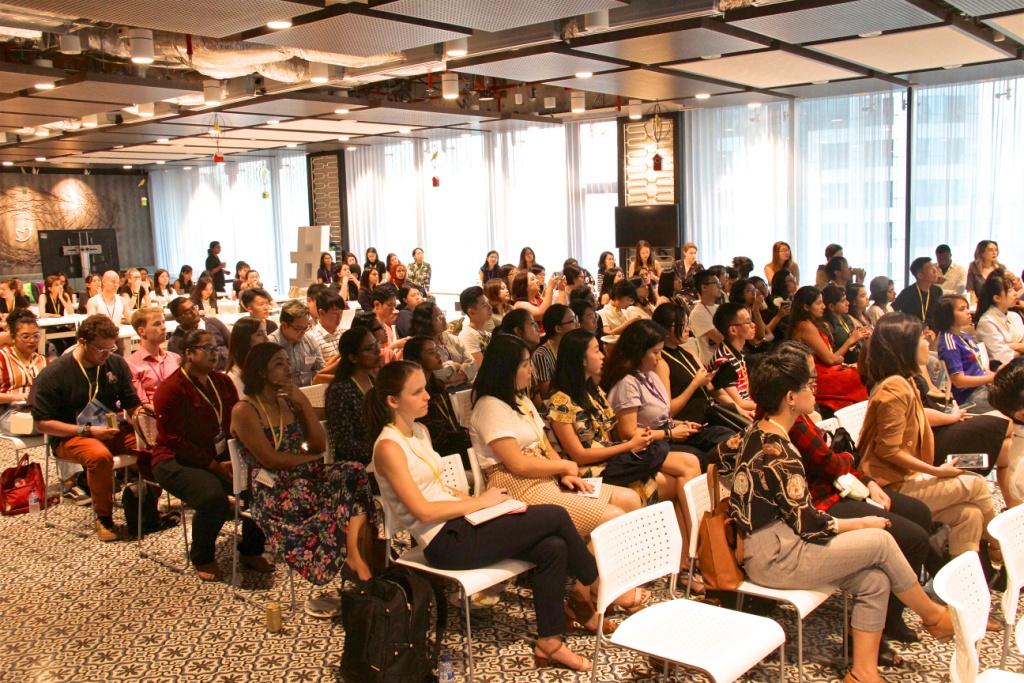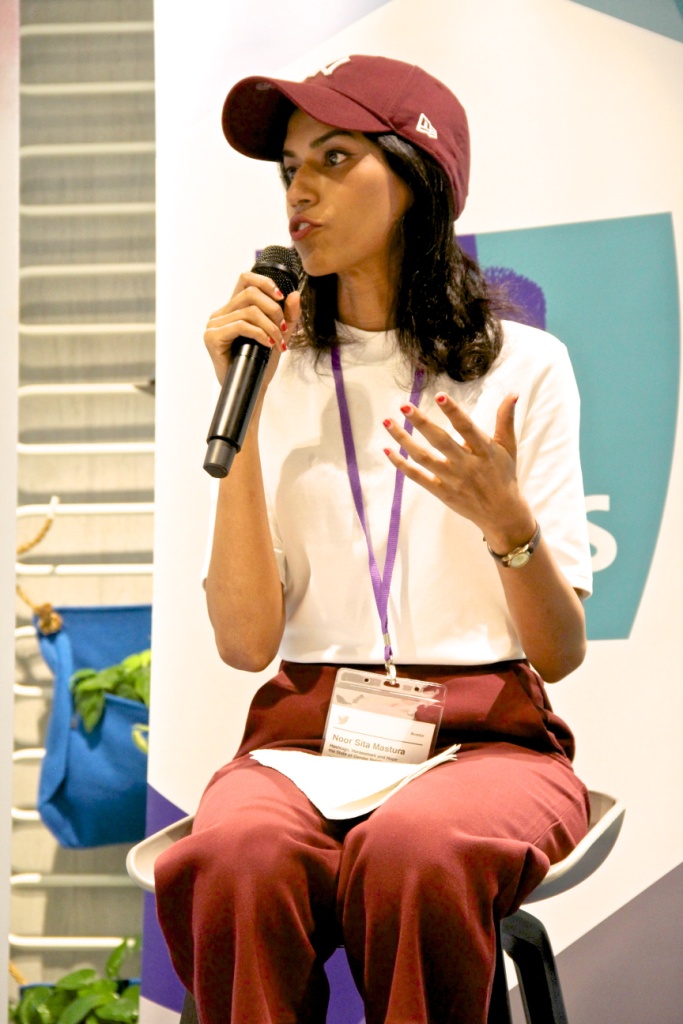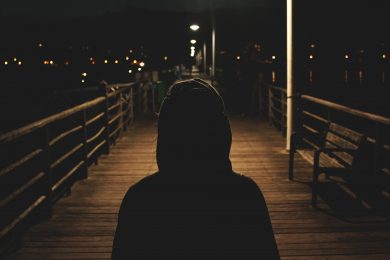by Constance Singam
This post was originally published on Constance Singam’s blog on March 18 2019.
There are days I am filled with enthusiasm. But then there are also days when I am beset by existential anxieties and dilemmas. So I braved myself and had this difficult conversation with some friends.
It was not an easy conversation, even when it is with good friends. I had to confess to some angst, some loneliness, some feeling of being lost and a worry about the life ahead of me with nothing much to do. (I understand that there are 1,300 people in Singapore who are more than 100 years of age and that is a real long time to live.) The conversation was not easy. I was admitting to weakness and neediness. I was discontented. The conversation definitely was not easy.
This feeling that I have nothing to do, is new for me, having led an unrelentingly busy life. In that busy life I was surrounded and enriched by other equally busy people and by daily human interaction and connection. But during this diminishment of old age there are things I no longer want to do nor can do. My imagination and my spirit are still open to new experiences but my body is not.

Could the cause of this sense of unease, this discontent be driven by guilt, ingrained by my Catholic upbringing? You know the thing about an idle mind being the devil’s play ground? The devil is certainly playing havoc with my conscience then.
Is my good life, my leisurely life, my purposeless life the root of my discontent? Margie, you may be right there. Catholicism’s guilt-ridden conscience and capitalism’s unyielding demand on our time and productivity have conspired to make me feel uneasy about my current life style as I slow down and journey into the next phase. Slowing down is the challenge.
The most recurring image of my grandmother was of her sitting still, silently watching us her grandchildren playing in the garden. She didn’t have to cook the family meals; she didn’t have to clean the house, as there were other people to take care of those jobs. Did she ever think then that her life was ‘purposeless’? Did she ever think that she needed to keep herself busy all the time? Did she think that a life of just ‘being’ was not good enough? I shall never know the view from my grandmother’s time. But she, like her generation and culture, knew how to be old. They knew how to slow down. Their young people knew how to be tolerant, to be kind and respectful towards old people. Where I am is a different place, a different time and a different culture.
The narrative we are fed is one of continuing activity, to age successfully (whatever that may mean), to remain healthy, to keep achieving, to keep progressing. I open my FB feed and I am confronted by images of activity, of people having a good time, and of events I would like to attend and would have attended not so long ago.
My generation of the ageing is the pioneers in many ways. Our experience is new. We are a fast growing demography. We will gobble up a lot of state benefits and funds. Medical technology will keep us alive longer. We are not very interesting,
One of the few advantages of age is that I can report on it with some authority. I am sure, my existential dilemma will continue. There will be some good days and some not so good days. There will be some days when I can look forward to something interesting. Penelope Lively, at eighty, observed in her essay on old age that “…none of us escapes the daily challenge of the condition – so often newly surprising. However did I get like this? What happened?”
My friends’ words as they took their leave was “this is life”.
The telephone didn’t ring yesterday. But today is another day.
Constance Singam is a six-time past president of AWARE.





